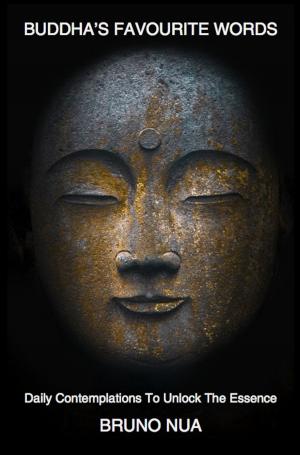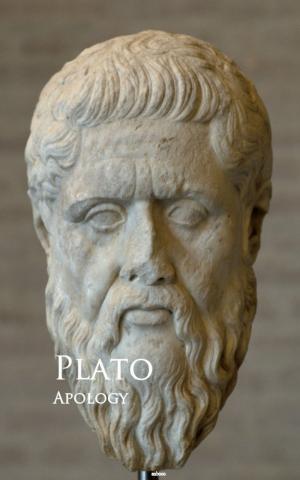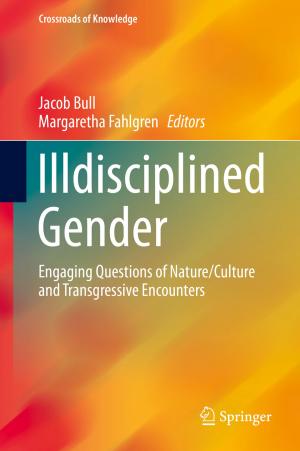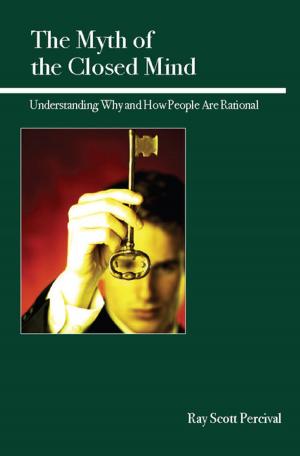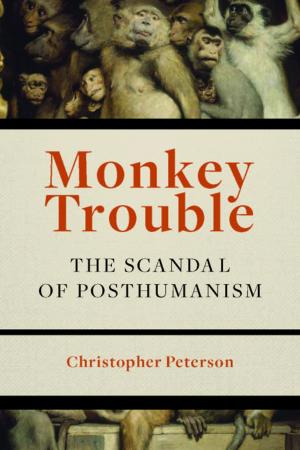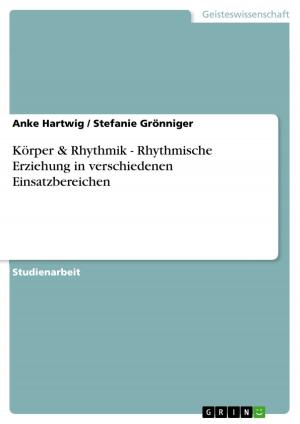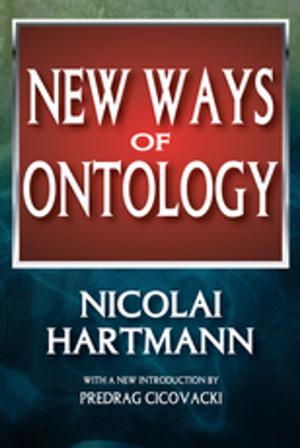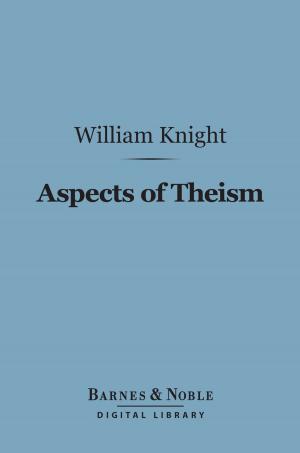The Bhagavad Gita: The Song of God
Nonfiction, Religion & Spirituality, Eastern Religions, Hinduism, Philosophy| Author: | Abbot George Burke (Swami Nirmalananda Giri) | ISBN: | 9781370103133 |
| Publisher: | Abbot George Burke (Swami Nirmalananda Giri) | Publication: | April 24, 2017 |
| Imprint: | Smashwords Edition | Language: | English |
| Author: | Abbot George Burke (Swami Nirmalananda Giri) |
| ISBN: | 9781370103133 |
| Publisher: | Abbot George Burke (Swami Nirmalananda Giri) |
| Publication: | April 24, 2017 |
| Imprint: | Smashwords Edition |
| Language: | English |
A new translation of the most important spiritual classic which India has produced.
Often called the "Bible" of Hinduism, the Bhagavad Gita is found in households throughout India and has been translated into every major language of the world. Literally billions of copies have been handwritten and printed.
The clarity of this translation by Abbot George Burke makes for easy reading, while the rich content makes this the ideal "study" Gita. As the original Sanskrit language is so rich, often there are several accurate translations for the same word, which are noted in the text, giving the spiritual student the needed understanding of the fullness of the Gita.
The Story of the Gita
Several thousand years ago in north-central India, two people sat in a chariot in the midpoint of a great battlefield. One of them, the yogi Arjuna, knew that it would be not be long before the conflict would begin. So he asked Krishna, the Master of Yoga, what should be his attitude and perspective in this moment. And above all: What should he do?
There was no time to spare in empty words. In a brief discourse, later turned into seven hundred Sanskrit verses by the sage Vyasa, Krishna outlined to Arjuna the way to live an entire life so as to gain perfect self-knowledge and self-mastery.
The battle was ferocious and everyone lost. Only a handful remained alive. But when Vyasa wrote his epic poem, the Mahabharata, he put Krishna's inspired words into it as a precious jewel. Instantly they were extracted, named The Song of God (Bhagavad Gita), and circulated throughout the subcontinent of India.
What is the appeal of the Gita?
1. It is totally practical, free of any vague or abstract philosophy.
2.It is not dogmatic. At the very end Krishna says to Arjuna: "Now I have taught you that wisdom which is the secret of secrets. Ponder it carefully. Then act as you think best." No threats, no promises, no coercion. It is all in the reader's hands.
3. The Bhagavad Gita tells us that we can attain a Knowing beyond even what it tells us. And it shows us the way.
For those unable to make a spiritual journey to India, a greater pilgrimage can be made by anyone anywhere in the world by simply reading The Holy Song of God, the Srimad Bhagavad Gita. It will be a holy pilgrimage of mind and spirit.
A new translation of the most important spiritual classic which India has produced.
Often called the "Bible" of Hinduism, the Bhagavad Gita is found in households throughout India and has been translated into every major language of the world. Literally billions of copies have been handwritten and printed.
The clarity of this translation by Abbot George Burke makes for easy reading, while the rich content makes this the ideal "study" Gita. As the original Sanskrit language is so rich, often there are several accurate translations for the same word, which are noted in the text, giving the spiritual student the needed understanding of the fullness of the Gita.
The Story of the Gita
Several thousand years ago in north-central India, two people sat in a chariot in the midpoint of a great battlefield. One of them, the yogi Arjuna, knew that it would be not be long before the conflict would begin. So he asked Krishna, the Master of Yoga, what should be his attitude and perspective in this moment. And above all: What should he do?
There was no time to spare in empty words. In a brief discourse, later turned into seven hundred Sanskrit verses by the sage Vyasa, Krishna outlined to Arjuna the way to live an entire life so as to gain perfect self-knowledge and self-mastery.
The battle was ferocious and everyone lost. Only a handful remained alive. But when Vyasa wrote his epic poem, the Mahabharata, he put Krishna's inspired words into it as a precious jewel. Instantly they were extracted, named The Song of God (Bhagavad Gita), and circulated throughout the subcontinent of India.
What is the appeal of the Gita?
1. It is totally practical, free of any vague or abstract philosophy.
2.It is not dogmatic. At the very end Krishna says to Arjuna: "Now I have taught you that wisdom which is the secret of secrets. Ponder it carefully. Then act as you think best." No threats, no promises, no coercion. It is all in the reader's hands.
3. The Bhagavad Gita tells us that we can attain a Knowing beyond even what it tells us. And it shows us the way.
For those unable to make a spiritual journey to India, a greater pilgrimage can be made by anyone anywhere in the world by simply reading The Holy Song of God, the Srimad Bhagavad Gita. It will be a holy pilgrimage of mind and spirit.

